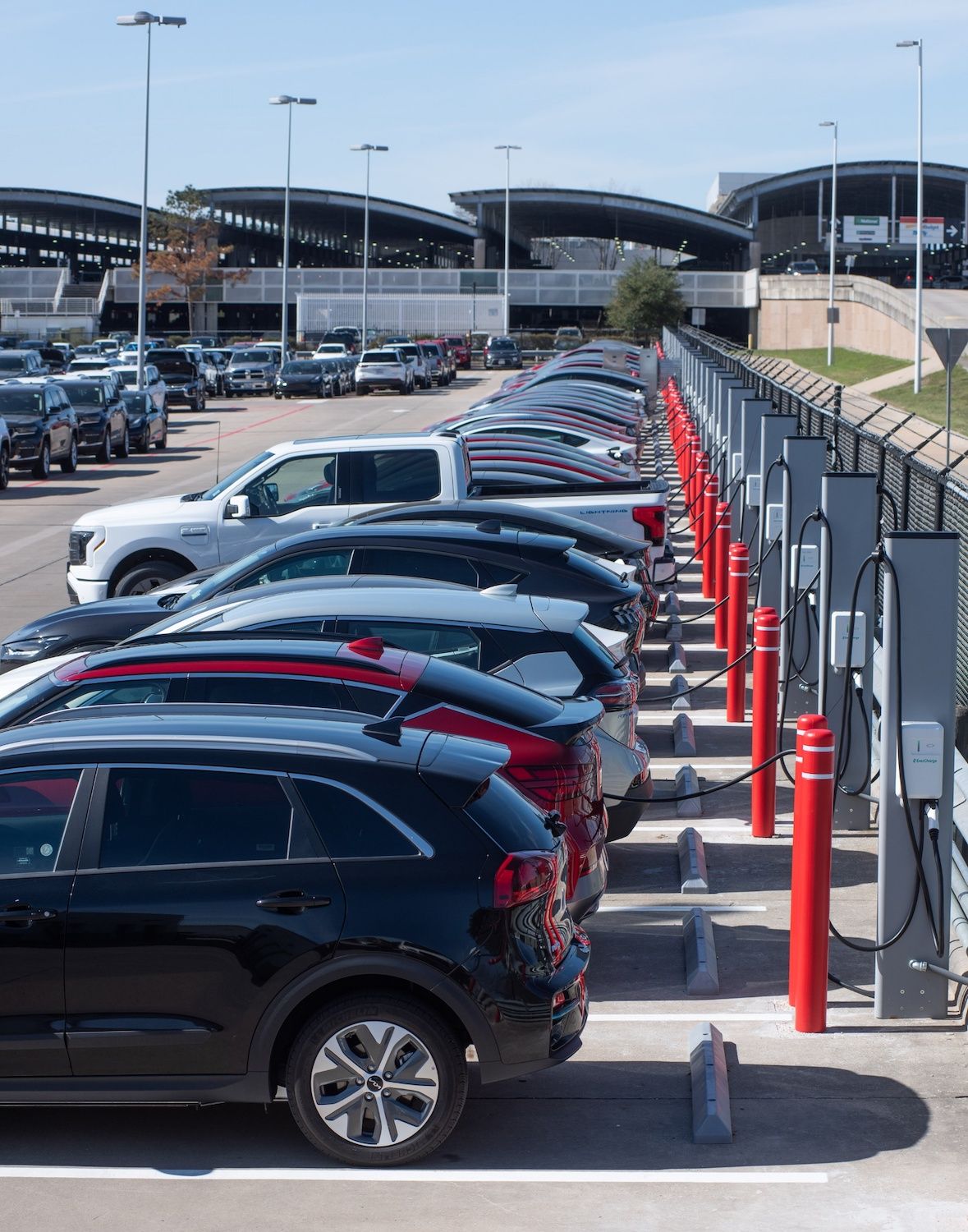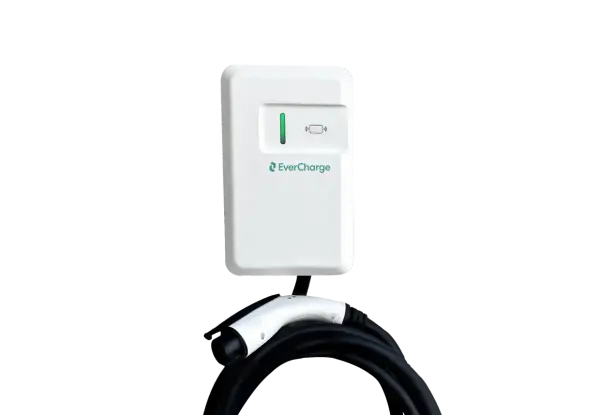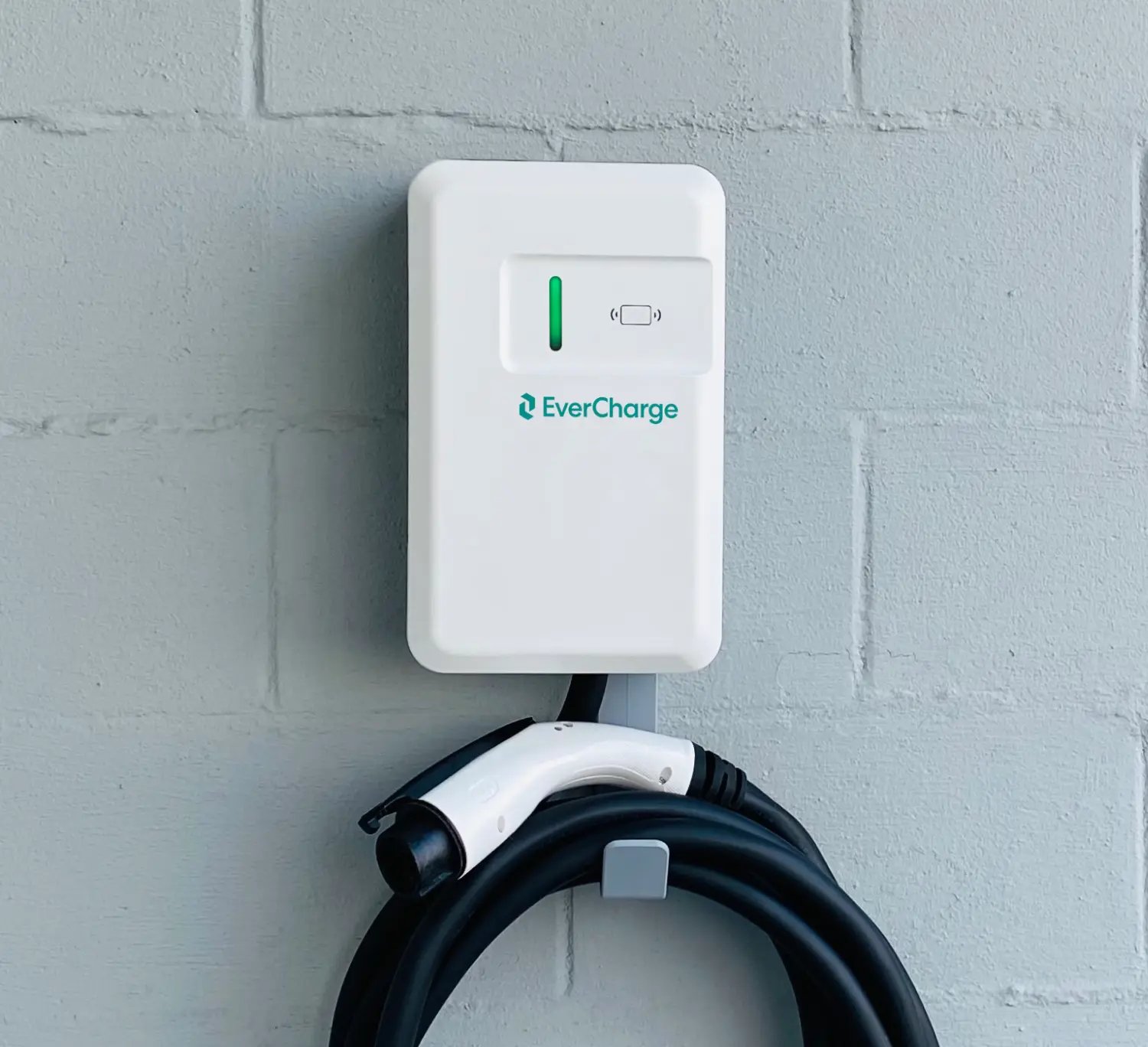Turnkey Charging Solutions
EverCharge designs efficient charging solutions for both residential and commercial environments.


Multi-Family
Fully-managed EV charging solution designed for condo and apartment communities.

Single-Family
Bring EverCharge technology, integration, and design to single family homes.
EverCharge and the San Francisco Giants Announce Strategic Partnership
EverCharge Wins Product of the Year by EC&M
Experts in EV Charging at Scale
Our mission is to enable widespread adoption of EVs by leveraging the capabilities of existing electrical infrastructure.
Today, EverCharge is powering EVs in commercial fleets, multi-family residential properties, and single-family homes through the most intelligent charging solutions on the market.
01
Infrastructure
Analysis
- Onsite Inspection
- Capabilities Report
- System Proposal
02
Installation
& Deployment
- Site Design & Engineering
- Government Permitting
- System Installation
03
Support &
Maintenance
- Remote Support
- Software Updates
- Onsite Maintenance
04
Data &
Analytics
- System Usage Data
- Customized Reporting
- API Integration
EverCharge Technology Overview

Learn more about what EverCharge solutions can do for your property or business.

Get Your Quote Today
Connect with one of our experts by telling us a little about yourself.






